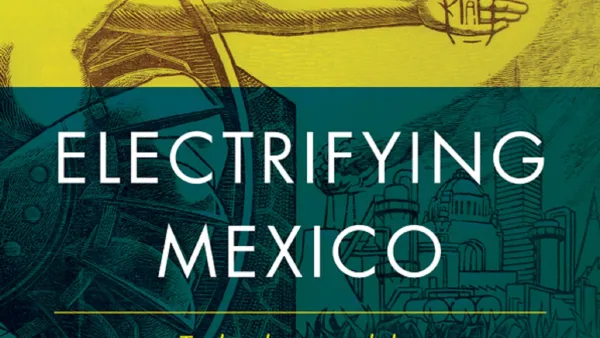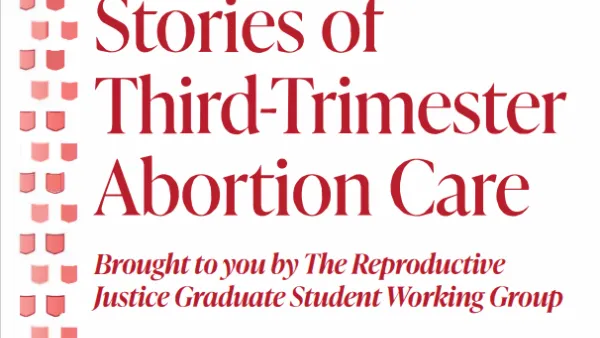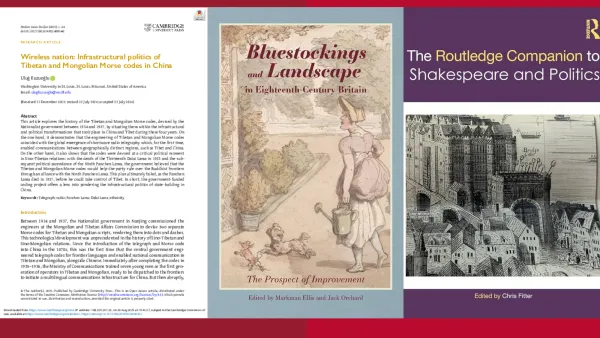The Urban History Association has named Diana J. Montaño’s Electrifying Mexico: Technology and the Transformation of a Modern City the best book in non-North American urban history for 2022. Montaño, assistant professor of history, has received numerous accolades for her research into the electrification of Mexico City. In March, she won the Alfred B. Thomas Award from the Southeastern Council of Latin American Studies for Electrifying Mexico. In September, she won the Canadian Association for Latin American and Caribbean Studies Article Prize for Emerging Scholars for an article she published related to the book.
“Electrifying Mexico is a beautifully written and deeply researched account of the ways residents of Mexico City adapted, manipulated, and negotiated over electricity, helping to produce, in this process, the urban electrical landscape (“electricscape”),” the award committee said of Montaño’s work. “Electrifying Mexico seamlessly melds urban history, cultural history, and the history of technology to give us an innovative account of how a key technology of modernity shaped a city and the quotidian practices of its inhabitants. It not only adds to our knowledge of Mexico but also proposes a fresh, less elitist, and Eurocentric approach to urban history that will serve as an inspiration to the field as a whole.”
In Electrifying Mexico, Montaño explores the making of electrified spaces and how people led that electrification and then navigated those emerging spaces. She writes about the experience of electricity through lighting, public celebrations, streetcar accidents, power theft, electrical appliances, and the nationalization of the electrical industry.
Montaño is interested in what she terms “grounded analysis.” Like electrical wiring is grounded as it comes into a home, she wanted to focus her work on the perspectives of users of electricity on the ground. According to Montaño, historians often present technology as fixed entities that change society and culture in irresistible ways. She argues that that perspective removes people and their ambitions in how they employ technologies.




